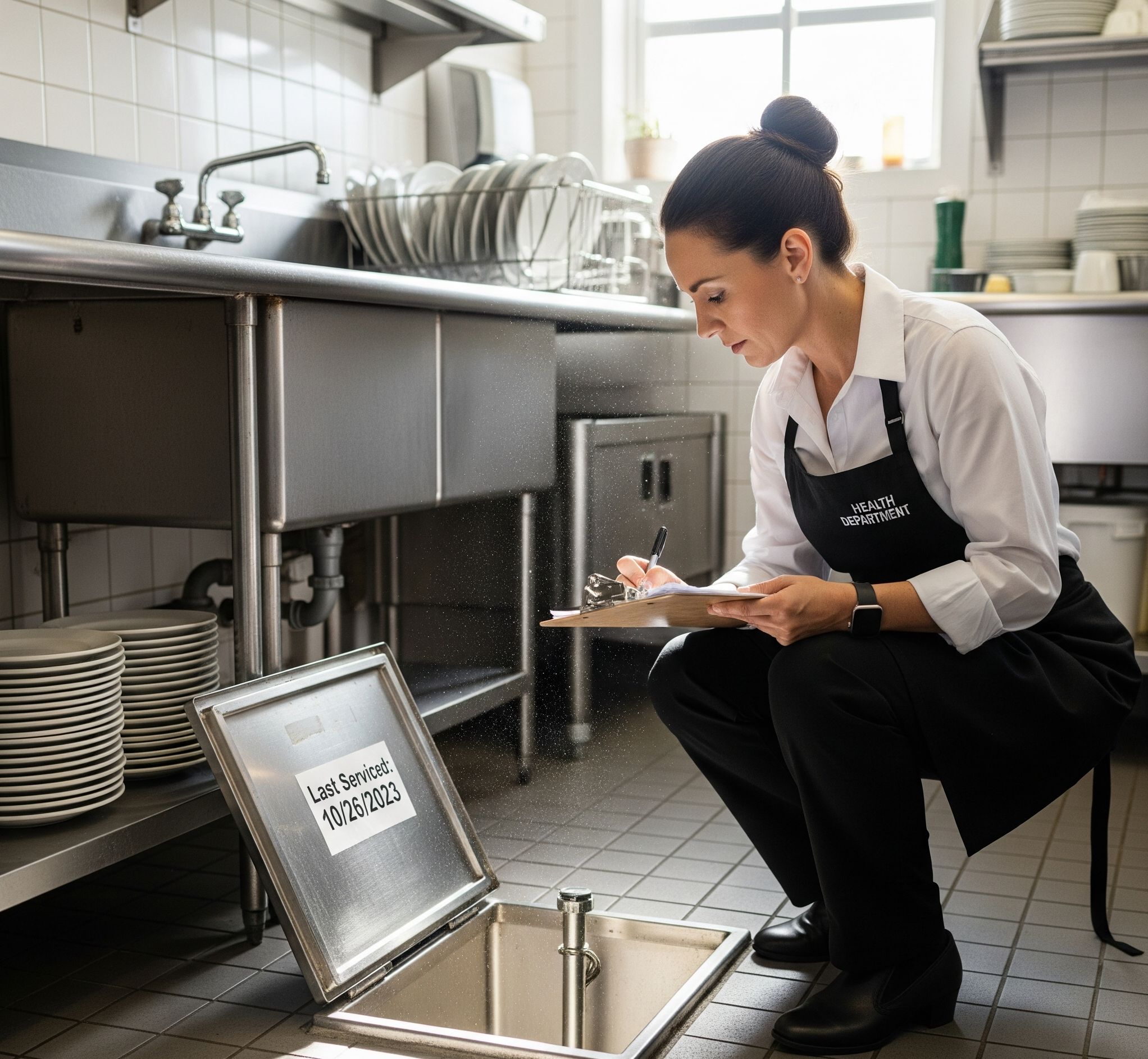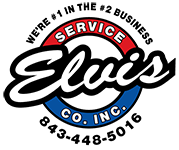
02 Sep Navigating Grease Trap Regulations in SC: A Compliance Checklist for Businesses
For commercial kitchens, restaurants, and food service businesses in South Carolina, a properly maintained grease trap is not just good practice—it’s a legal and environmental necessity. Navigating the complex web of local, state, and federal regulations can be challenging, but understanding and adhering to them is crucial for avoiding costly fines and ensuring the long-term health of our public sewer systems. This article provides a comprehensive guide to grease trap compliance in the Palmetto State.
The Problem with FOG: Why Regulations Exist
FOG stands for Fats, Oils, and Grease. When these substances are poured down drains, they cool and solidify, creating blockages in pipes and municipal sewer lines. These clogs can lead to sanitary sewer overflows (SSOs), which are not only an environmental hazard but also a public health risk. To combat this, regulatory bodies across the country, including in South Carolina, have established strict FOG regulations. These rules are designed to prevent FOG from entering the public sewer system in the first place, placing the responsibility on food service establishments to properly manage their waste.
South Carolina’s Regulatory Landscape
While there are federal guidelines under the Clean Water Act, much of the enforcement and specific rules for grease traps are managed at the state and local levels. The South Carolina Department of Health and Environmental Control (DHEC) provides oversight, but local jurisdictions and municipalities often have their own specific wastewater grease trap rules. This means a business in Charleston may face different requirements than one in Greenville. It is essential for every business owner to consult with their local Public Works or Sanitation Department to understand the specific ordinances that apply to their location.
Key aspects of these regulations often include:
- Permitting: Many municipalities require a specific grease trap permit before a new food service establishment can open or an existing one can make changes. This permit process ensures that the trap is correctly sized for the establishment’s needs and installed according to code.
- Maintenance Schedules: Regulations often specify how frequently a grease trap must be cleaned. This can be based on a fixed schedule (e.g., every 90 days) or on the “25% rule,” where the trap must be pumped out before it is 25% full of FOG and solids.
- Record-Keeping: To prove grease trap compliance, businesses are required to maintain detailed records of their grease trap cleaning and maintenance activities, including manifests from licensed waste haulers. These records must be made available for inspection by local authorities.
A Compliance Checklist for Commercial Kitchens
Navigating these rules can be complex, but following a clear checklist can help ensure your business is always in good standing.
- Understand Your Local Ordinances: Before doing anything else, contact your local water or sewer authority. Ask for a copy of their FOG regulations and any specific commercial kitchen regulations that apply to your business type.
- Obtain Necessary Permits: Ensure your grease trap is properly permitted and that you have all the required documentation on file. This is the first step in legal operation.
- Implement Best Management Practices (BMPs):
- Scrape Before You Wash: Scrape all food waste and grease from plates, pots, and pans into the trash or compost bin before washing them.
- Use Proper Tools: Use paper towels to wipe down surfaces with grease before cleaning them with water.
- Educate Staff: Train all employees on the importance of proper grease disposal. A single employee’s mistake can lead to a costly violation.
- Schedule Regular Pumping and Maintenance: Partner with a licensed and reputable grease trap service provider to establish a routine pumping schedule. This is the single most effective way to ensure grease trap compliance.
- Maintain Meticulous Records: Keep all manifests and invoices from your grease trap cleaning service in an accessible place. These records are your best defense against fines and are often a requirement for inspections.
By proactively managing your grease trap and adhering to all wastewater grease trap rules, you not only protect the environment and public infrastructure but also safeguard your business from legal and financial penalties. Compliance is not just a burden; it’s a critical component of responsible business operation that ensures smooth sailing for your kitchen.


Sorry, the comment form is closed at this time.